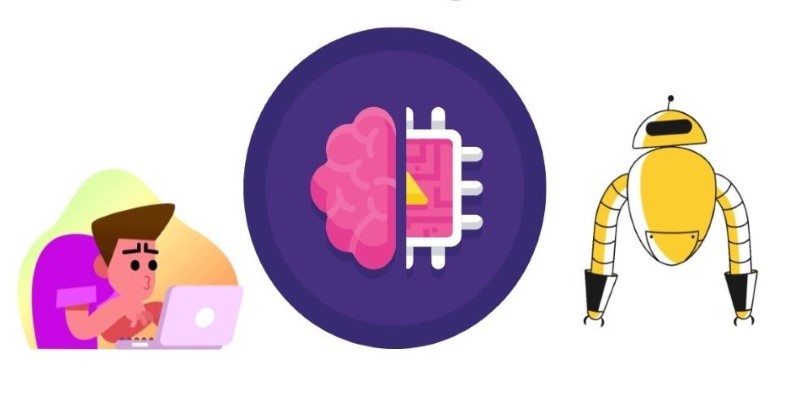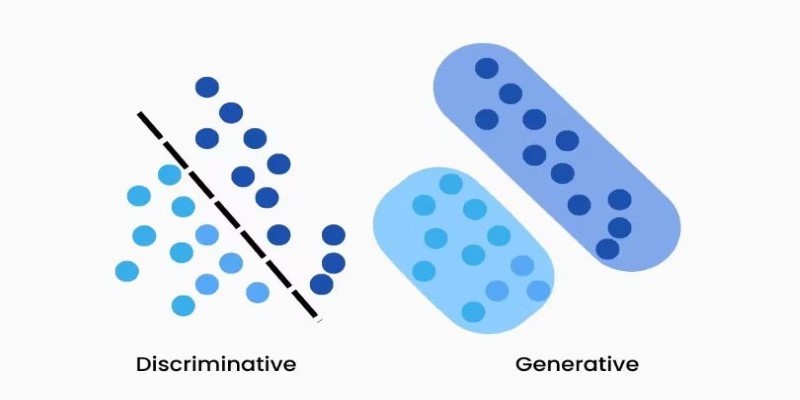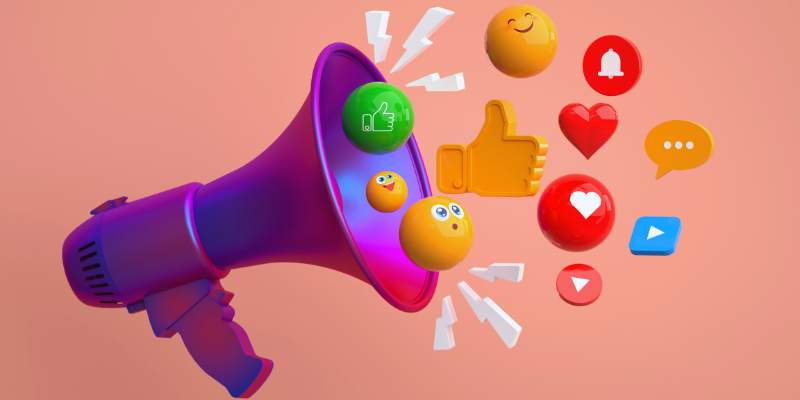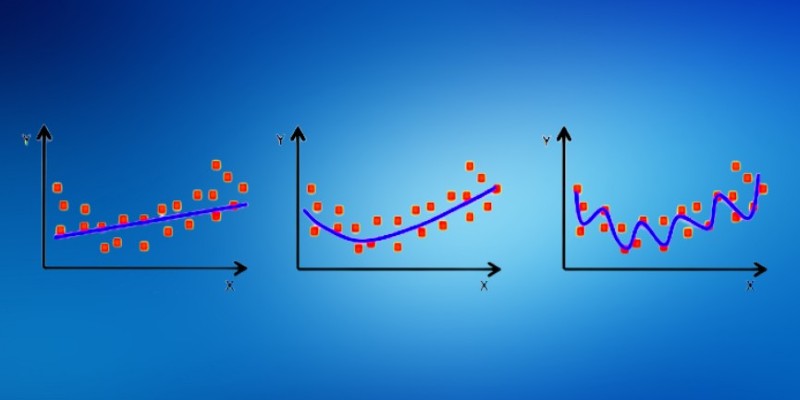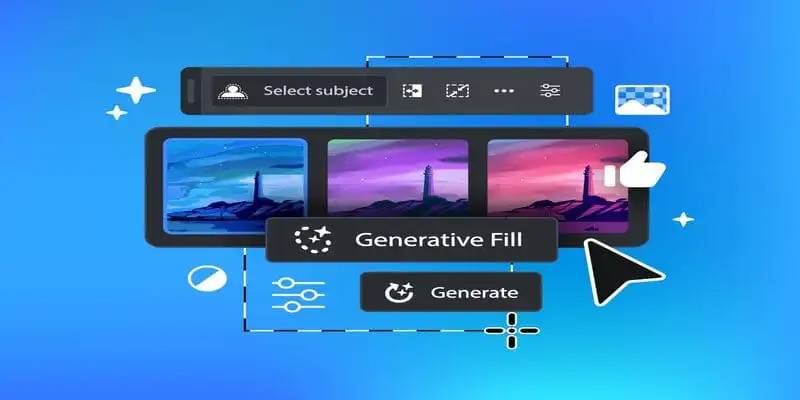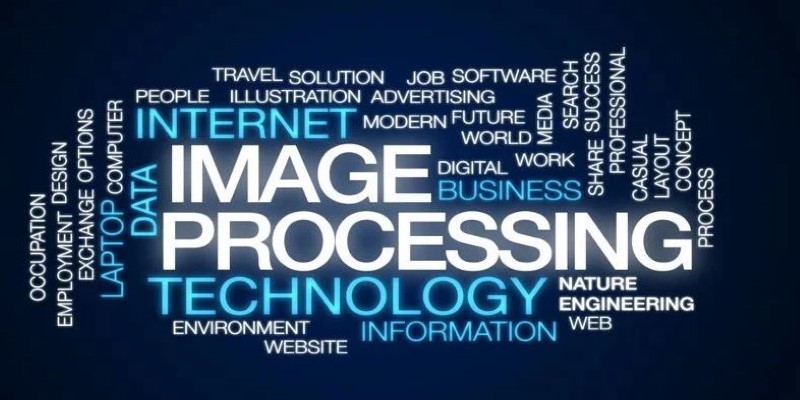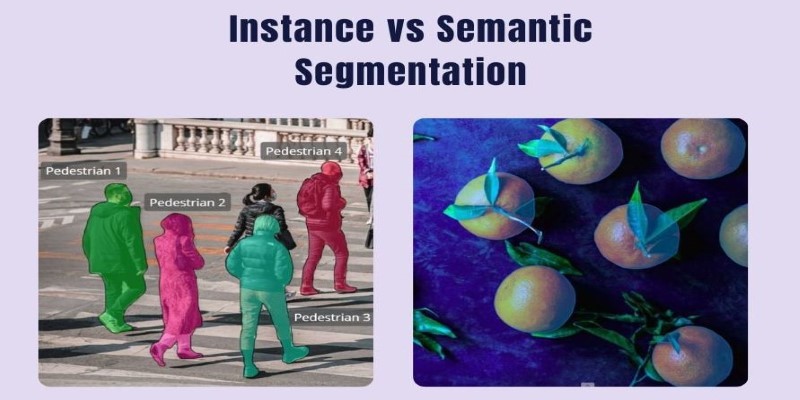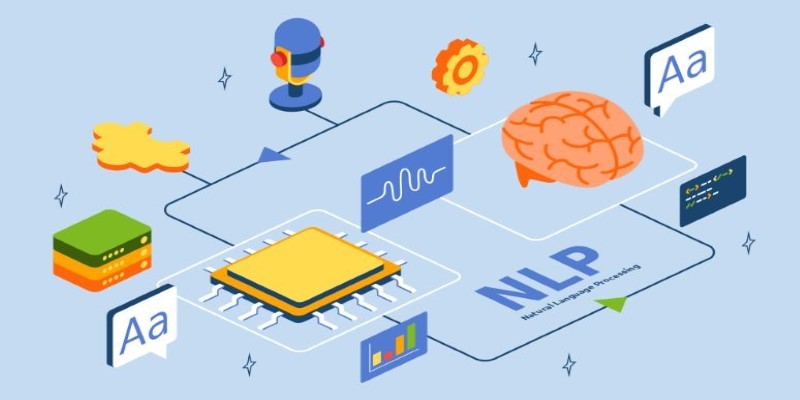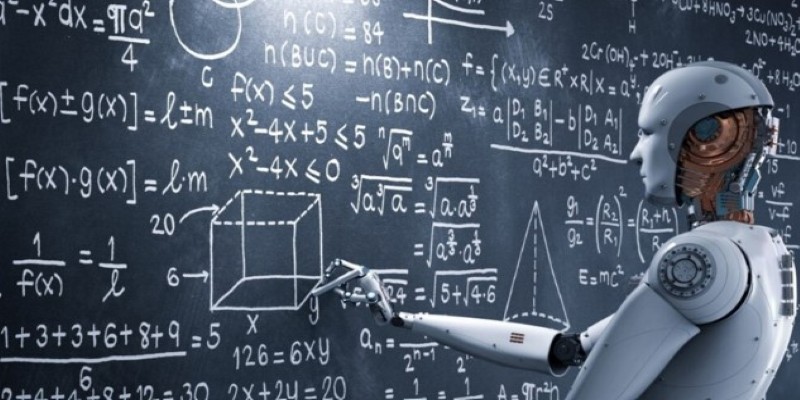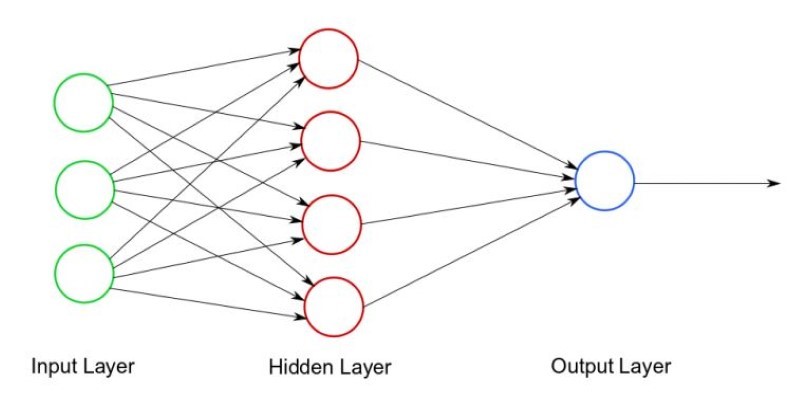Modern corporate workforces are changing due to artificial intelligence, and Microsoft is one of the pioneers in this process. The adoption of Microsoft AI employees in the organization is redesigning the roles of people in the organization, improving efficiency, and bringing new opportunities. Since some routine activities are now done by automation, human workers have to deal with ever-changing work conditions. AI workforce impact is therefore beneficial in providing productivity and cost in the organization, but it also poses risks such as misemployment and skills mismatch.

The Role of AI in Microsoft’s Workforce
AI Integration in Microsoft’s Operations
AI has been implemented in almost all aspects of the business, including data analysis and customer interactions in Microsoft. Big data is processed by AI tools, which improve the decision-making process and replace routine operations. Automated customer service through chatbots has made it easier for consumers because it helps to minimize the time taken to respond to clients. In the same respect, AI also helps in the threat detection and risk management of cybersecurity solutions. These are helpful as they help in increasing efficiency by freeing employees for higher-level tasks. Microsoft effectively uses AI to support the company and maintain efficiency in its business processes, which is how AI can assist in the management of the labor force. Thus, with the continuous increase in the adoption of AI solutions in the companies, more and more companies will start mimicking Microsoft and begin redefining the roles of individuals within the company.
Key Areas Where AI Employees Are Used
Microsoft employs AI in its organization, and its employees can be found in different departments performing various tasks, simple or complex. AI is employed in coding, debugging, and testing software to enhance cycling rates in software development. It is also applied in the field of finance by enhancing budgeting, fraud detection, and risk analysis, among other services. Marketing is also supported by AI in terms of consumer analysis in which the campaigns are customized. These functions enable Microsoft to run efficiently, which makes AI a necessity in the functioning of corporate organizations. This leads to the conclusion that when executing routine tasks is being automated, employees can improve their positions by shifting their attention to more creative and strategic ones and thus contribute to the further growth of the business in the context of an AI-based environment.
Benefits of AI in Corporate Jobs
The usage of AI in corporate jobs has its benefits. AI provides an opportunity to free employees from routine work, thus helping them focus on more important tasks. They make decision-making better since businesses are able to make adequate changes to a given market. Furthermore, AI is cost-effective since it eliminates wastage by minimizing mistakes and streamlining operations. Workers also get to enjoy using the AI tools that make work easier and more efficient and reduce the workload. From the case of Microsoft, it is clear that the integration of automation through AI is the way that many businesses are going to work with human talent. Thus, those companies that adopt these trends in their development will be able to get an advantage over the competition in employee relations and ideas implementation.
The Impact of AI on Job Markets
Automation in Corporate Jobs
Using AI automation in the corporate world is revolutionizing the working positions due to the increased use of automation in carrying out repetitive and data analyst jobs. Most of the clerical jobs, particularly in administration, accounts, and IT, have become automated through the use of artificial intelligence. AI automates certain processes in project management and determines the best way of usage of resources. On the one hand, the effectiveness of AI increases productivity, but on the other hand, it poses a challenge to the workers to enhance their skills.

New Job Opportunities Created by AI
AI is creating new jobs, contrary to the notion that it will lead to massive layoffs in the employment sector. Some of the AI-related jobs that are currently in demand include machine learning engineers, data scientists, and AI ethicists. AI needs to be adopted by corporations, and for this, there must be professionals who can create, deploy, and manage the systems in the business world. Also, AI increases productivity through leveraging the employee’s interaction with intelligent tools in solving organizational tasks. Microsoft’s AI expansion has resulted in specific positions dedicated to AI governance, security, and strategy.
Challenges and Workforce Disruptions
It is now possible for employees and businesses to be overwhelmed by the rate of development in AI. Job displacement is perhaps one of the biggest issues when it comes to its application because it can replace human beings in fully automated positions. Business sectors, including customer service and administration and general data entry, are likely to experience workforce reduction. It is crucial for companies to put in place measures that would ensure their people are supported during the transition to AI; this includes training and retraining. If properly tackled, the following challenges will go a long way in making sure that technological advancements such as AI are beneficial in the creation of a workforce and employment without threatening the existence of jobs in companies such as Microsoft.
Microsoft’s AI Strategy and Future Workforce Trends
Microsoft is dedicating a lot of its resources to artificial intelligence to improve productivity and the way it does business. Its products, which include Copilot and Azure AI, are in place to help various corporations in their operations. Microsoft’s work in ethical AI guarantees the appropriate utilization of the technology, reducing the dangers of automation. It is also targeting AI for cybersecurity to ensure that companies’ information is safeguarded. These investments are clear signs that Microsoft is serious about using AI for business value creation.
Conclusion
The rise of Microsoft AI employees is reshaping corporate jobs, introducing automation while also creating new career opportunities. While AI enhances productivity and reduces operational costs, its impact on job displacement and skill requirements cannot be ignored. Businesses must focus on workforce adaptation, ensuring employees receive the necessary training to work alongside AI. Microsoft’s AI-driven initiatives serve as a model for integrating automation responsibly. As AI continues to evolve, companies must strike a balance between efficiency and workforce stability, ensuring that AI complements human talent rather than replacing it entirely. The future of work is AI-assisted, not AI-dominated.
